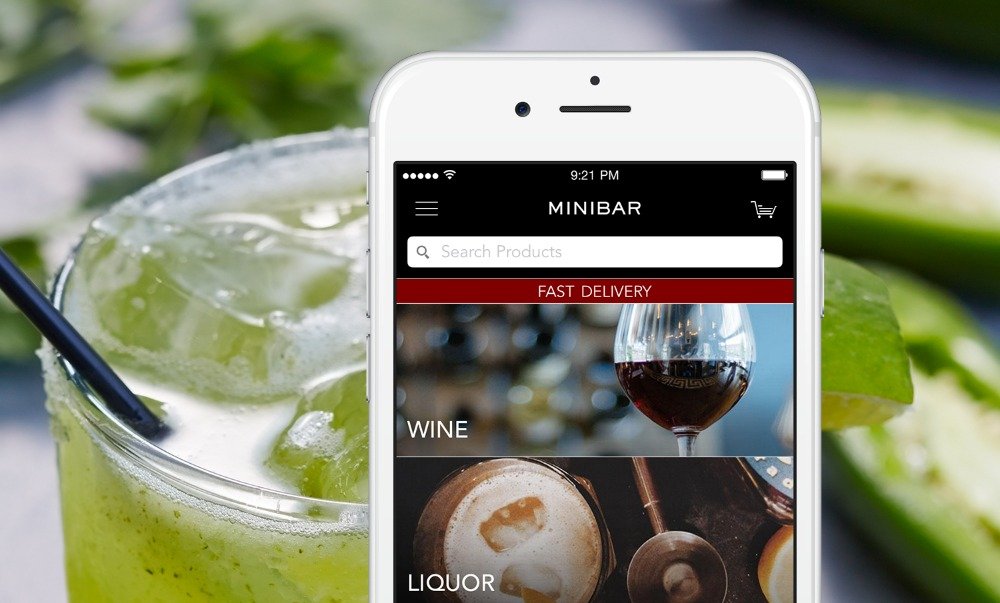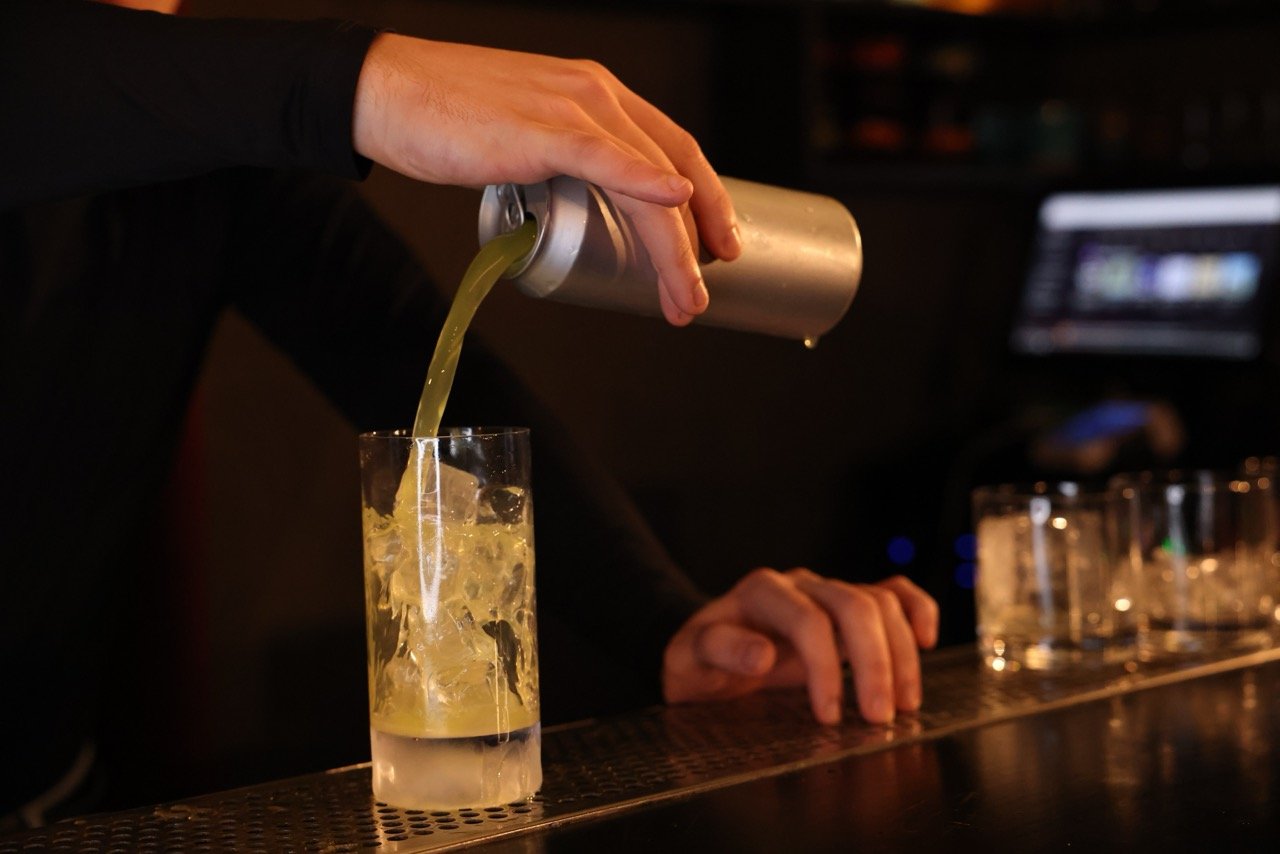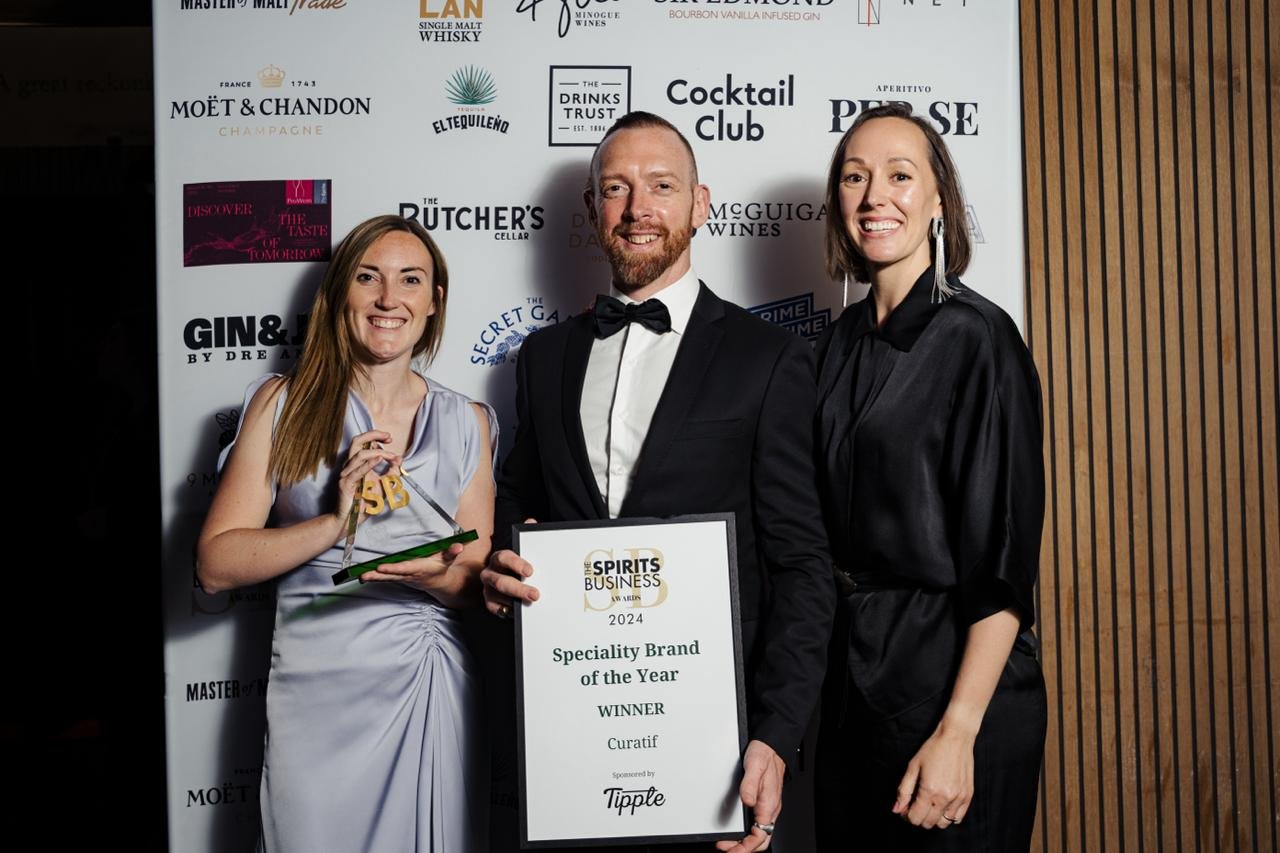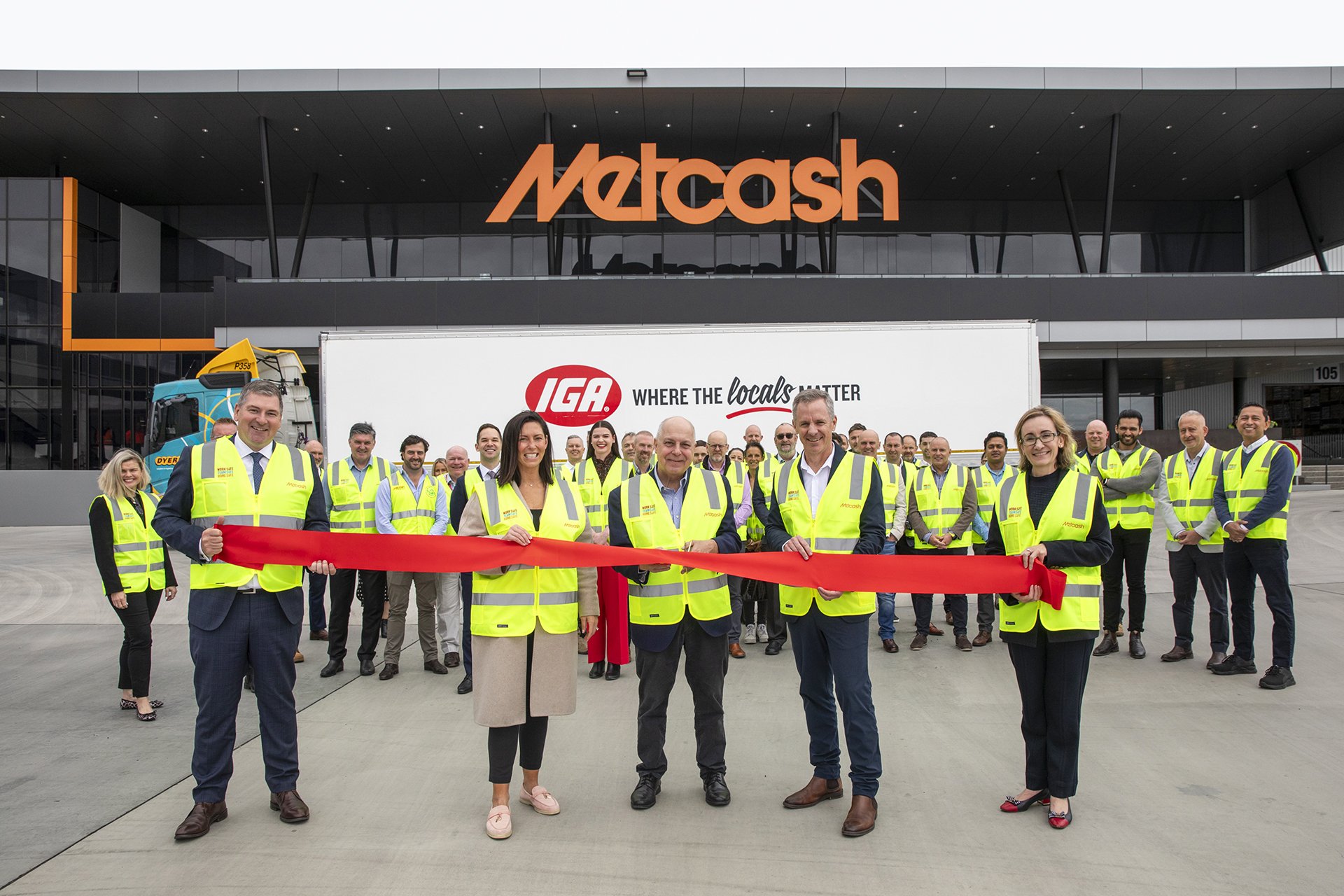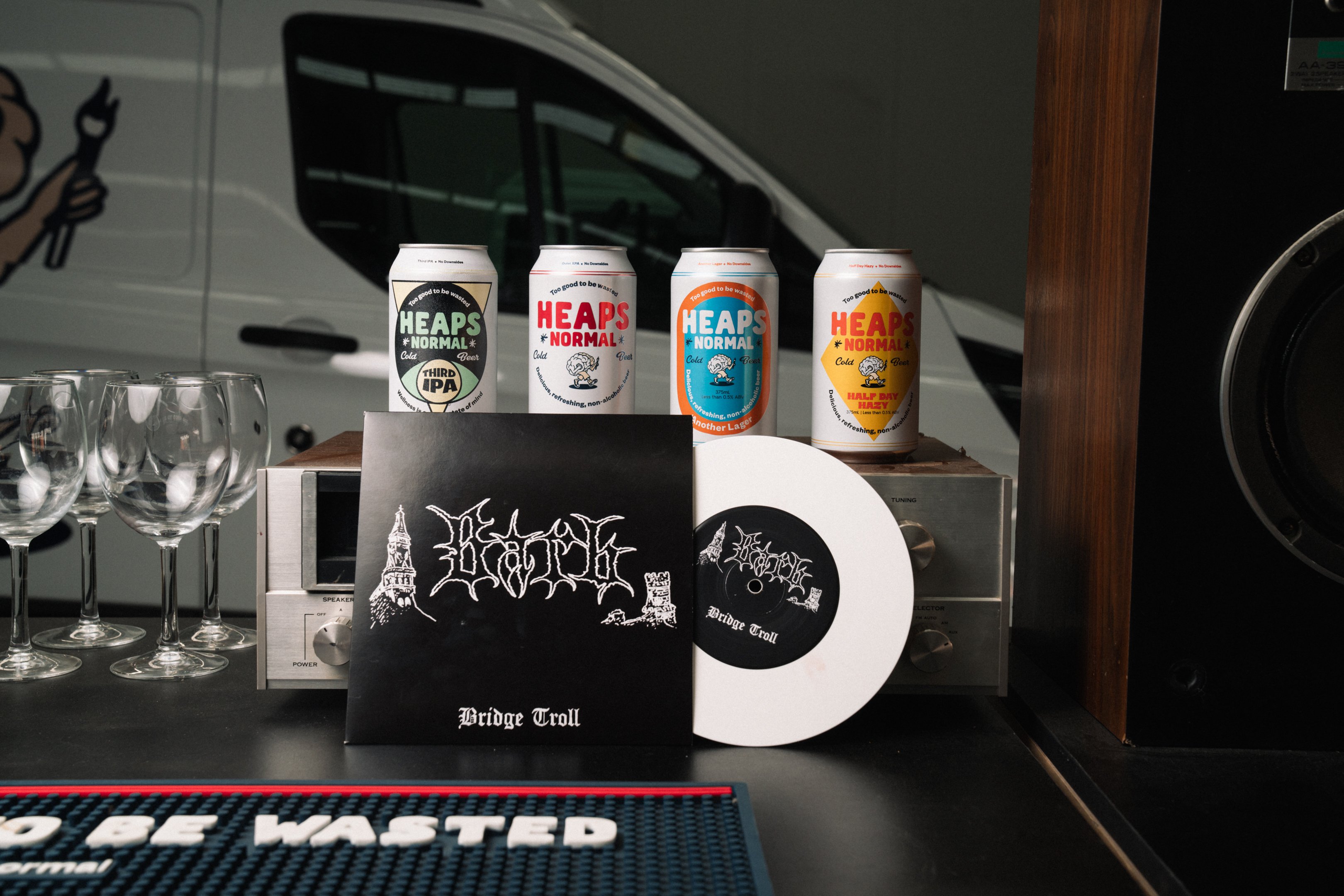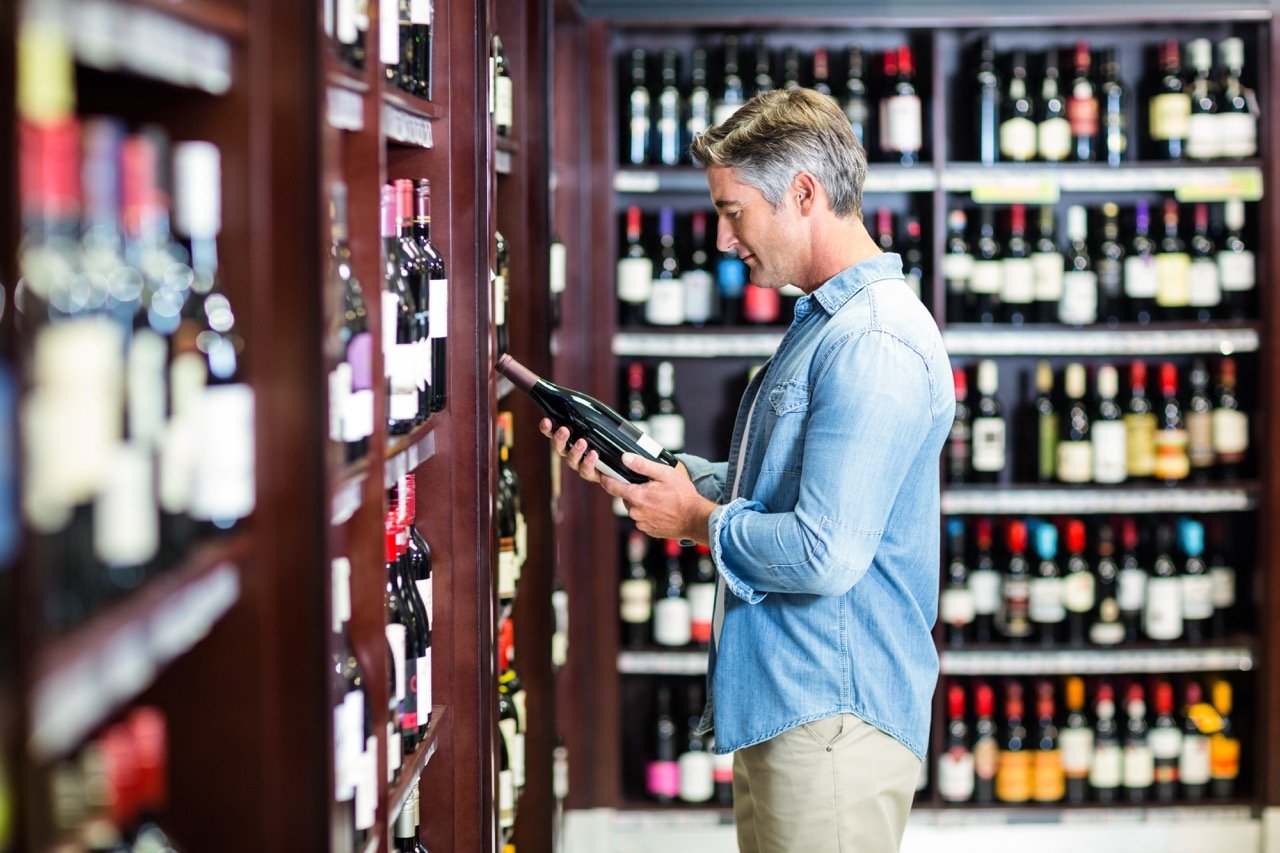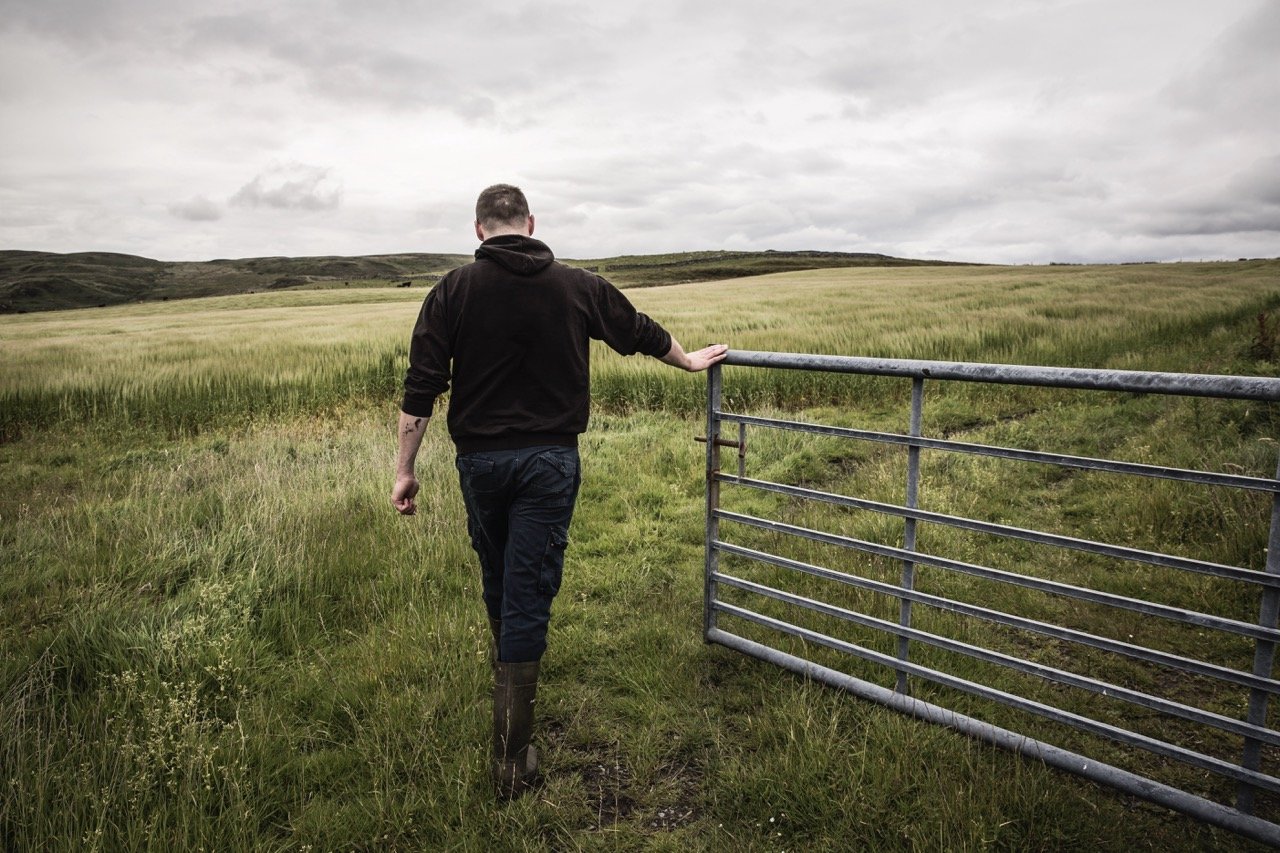VicHealth has called for tougher alcohol delivery regulations after a survey found dangerous lapses in responsible service.
VicHealth CEO Dr Sandro Demaio said alcohol delivery services were acting like cowboys in Victoria, and it was time to rein them in.
However, Retail Drinks Australia says the survey was largely based on illegal alcohol supply and has unfairly tarnished the reputation of responsible online alcohol delivery companies.
VicHealth wants a two-hour delay between alcohol purchase and delivery, and a ban on on-demand deliveries between 10pm and 10am.
Its survey of 1700 people has shown that a third of respondents received alcohol without having their IDs checked. It also found that 71% of weekly users reported regularly getting orders delivered when drunk.
Retail Drinks CEO Julie Ryan said that a significant proportion of the respondents in the VicHealth survey had used popular app Airtasker to source alcohol for delivery, which not only violates Airtasker’s own terms of use, but also amounts to illegal secondary supply of alcohol.
“The VicHealth survey states in section 2 that 'over a quarter of respondents have sourced alcohol using Airtasker'.
“Clearly, a large percentage of the problematic alcohol deliveries in the VicHealth survey were through this illegal supply, and so VicHealth have unfairly demonised responsible online alcohol delivery companies by tarnishing all operators with the same brush.
“As a result, the survey is littered with claims that are blatantly false. For instance, the study accuses reputable companies of leaving alcohol unattended for express deliveries which their apps do not even allow. A cursory review of any of these retailers’ websites will tell you that which means that there was no diligence done on the veracity of these survey results.
“In making such spurious claims, VicHealth have also ignored the fact that these retailers have proactively demonstrated best-practice by becoming Signatories to Retail Drinks’ Online Alcohol Sale and Delivery Code of Conduct.
“In abiding by the Code, these businesses are adopting responsibility measures in online alcohol delivery which go far above and beyond anything required anywhere in Australia.
“Code Signatories have a range of safeguards embedded in their apps, procedures and systems that prevent the sale of alcohol to minors or persons who are intoxicated, and their compliance with these Code standards is independently audited.
“All Code Signatories hold a liquor license which requires them to ensure responsible sale and supply, and that they invest in appropriate home delivery RSA training for their drivers.”
Ryan also dismissed VicHealth’s call for online alcohol delivery regulation to be aligned with bricks and mortar, noting that the existing consultation between the Victorian Government and industry in relation to reform of alcohol regulation was being informed by those with a far stronger grasp of the current regulatory environment.
“VicHealth have called for regulation of the online liquor retail sector in line with a pub or bottle shop, yet curiously they go on to say that there should be a two-hour time delay and that all customers should have to show ID for each and every delivery."
“The reality is that there are no time delays in any hotel bar, club or bottle shop as customers can either buy and drink immediately at these venues or, in the case of a bottle shop, walk out and start consuming alcohol as soon as they wish to," she added.
“Therefore, VicHealth are not calling for uniformity of regulation, they are actually requiring a higher standard of regulation to be applied to home delivery than bricks and mortar.
“The survey also ignores the fact that many online alcohol retailers already know their customers and have previously verified their identity and age through their respective online delivery platforms. It is illogical to require the ID verification of an adult who has previously been verified as over 18. This would be like asking a bartender to check their customer’s ID each and every time they ordered a round of drinks in a pub.
“The legal requirement is to check identification of persons who do not appear to be of legal drinking age, not to check the identification of each and every person who is purchasing alcohol. In calling out as an issue that certain persons did not have their identification checked, they ignore the reality that they were all of legal drinking age.
“The most striking part of this survey is what it doesn’t say – they did not find any evidence of persons who were under 18 sourcing alcohol online.
“The reality is that any policy reforms should be based on clear and independently verifiable evidence, rather than unsubstantiated data and false claims from a misleading survey which fails to understand the basic dynamics of the online liquor retail sector.”
Share the content
